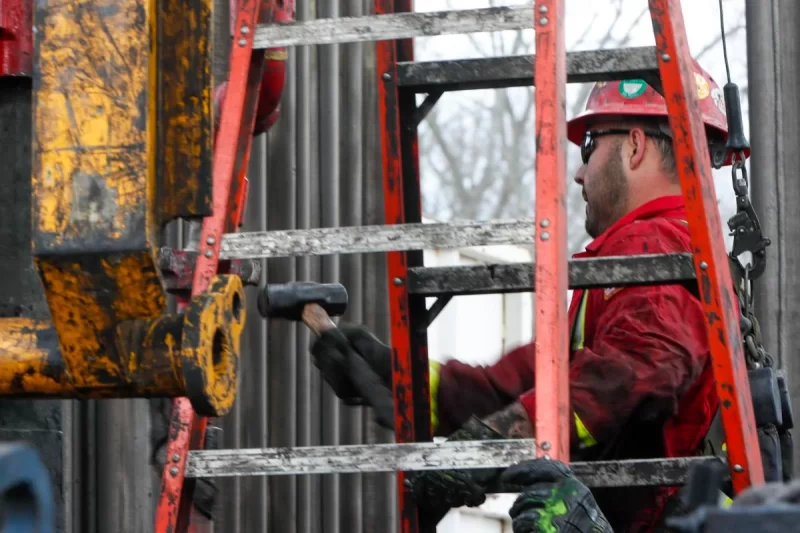By Anthony Hennen | The Center Square
(The Center Square) – General Assembly hearings continued about how inflation is affecting Pennsylvanians, and very little good news is forthcoming.
“This data can make the situation sound so academic and impersonal. But make no mistake, these skyrocketing food prices are devastating for Americans and their families,” Daren Bakst, a senior research fellow at the Heritage Foundation, told the House Majority Policy Committee on Tuesday.
Food and energy prices attracted the lion’s share of legislators, but transportation and farming concerns also garnered attention.
Food prices have increased 10% compared to a year ago, Bakst noted – an increase that hasn’t been seen for 40 years. The economic pain isn’t spread out evenly, either.
“For lower-income Americans, this situation is particularly troubling,” Bakst said. “Skyrocketing food prices are regressive and particularly damaging to low-income Americans, as they spend a greater share of their after-tax income on food compared with higher-income Americans.”
He recommended a reevaluation of regulations that drive up the price of food as a way to ease the burden of higher prices.
Beyond food prices, energy prices were a particular concern as well.
“Energy commodities – the actual supply of energy, like fuel oil, gasoline, and natural gas – are up 50% over the past year,” said Patrick Henderson, the director of government affairs for the Marcellus Shale Coalition, a trade group for energy companies.
Henderson pointed to state and federal leaders passing “politically driven restrictions” on domestic energy production as a hurdle to lowering energy prices, such as halting development on government-owned land or building pipeline infrastructure.
What stood out from the testimony was that the General Assembly has no short-term solutions to higher prices at hand. Permitting more development of natural resources or building infrastructure takes months and years rather than days and weeks. Hedging, too, means that energy producers have less of a financial incentive to ramp up production, even though prices are high, as The Center Square previously reported.
Even loosening unnecessary restrictions or regulations can rarely be done unilaterally or quickly.
Democratic Gov. Tom Wolf has suggested the commonwealth should issue $2,000 checks to families, but Republicans in the legislature have been skeptical of spending state funds this way. Attorney General Josh Shapiro, the Democratic nominee for governor, has also announced a plan for a gas rebate if he wins the election, while Republican plans have focused on cutting the gas tax instead.
“Government just needs to get out of the way and allow the market to correct the situation, specifically around energy production,” said Rep. Tim O’Neal, R-Washington.
